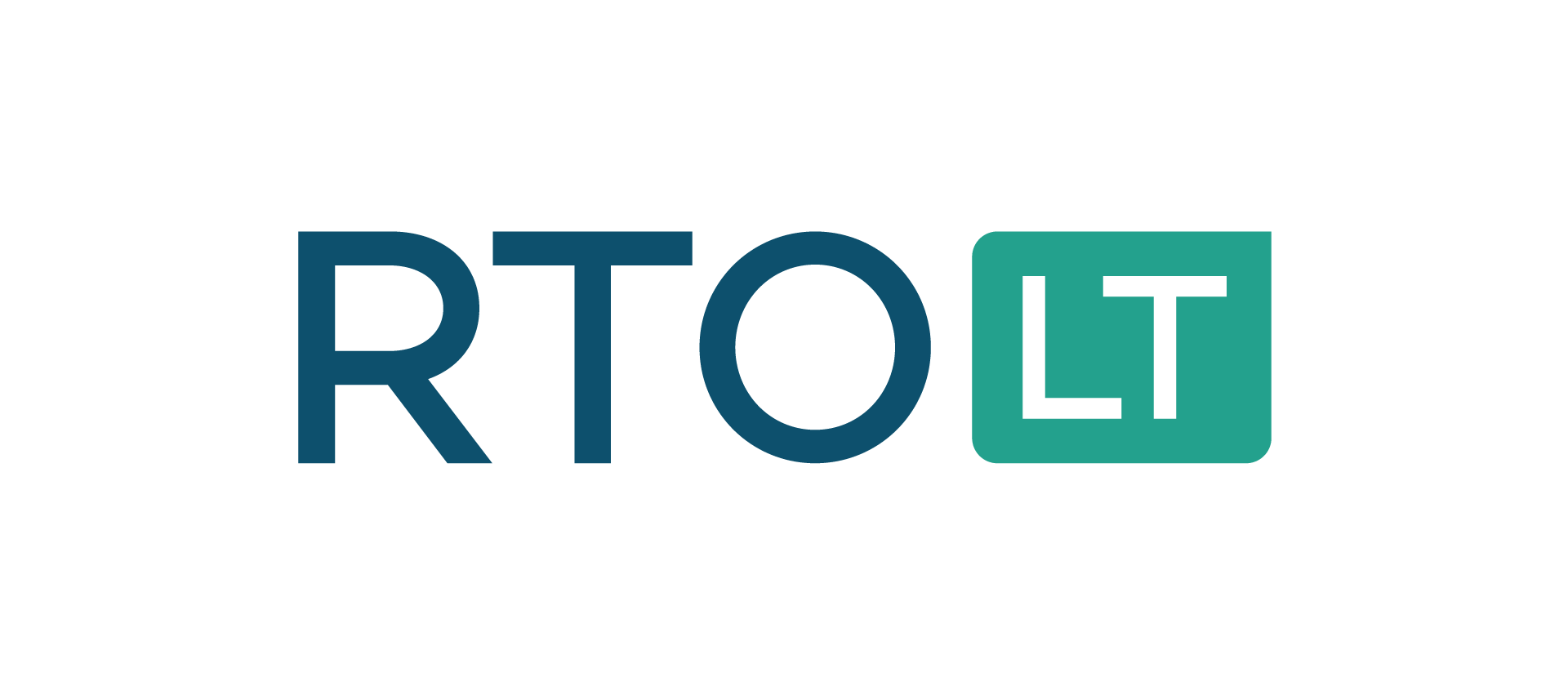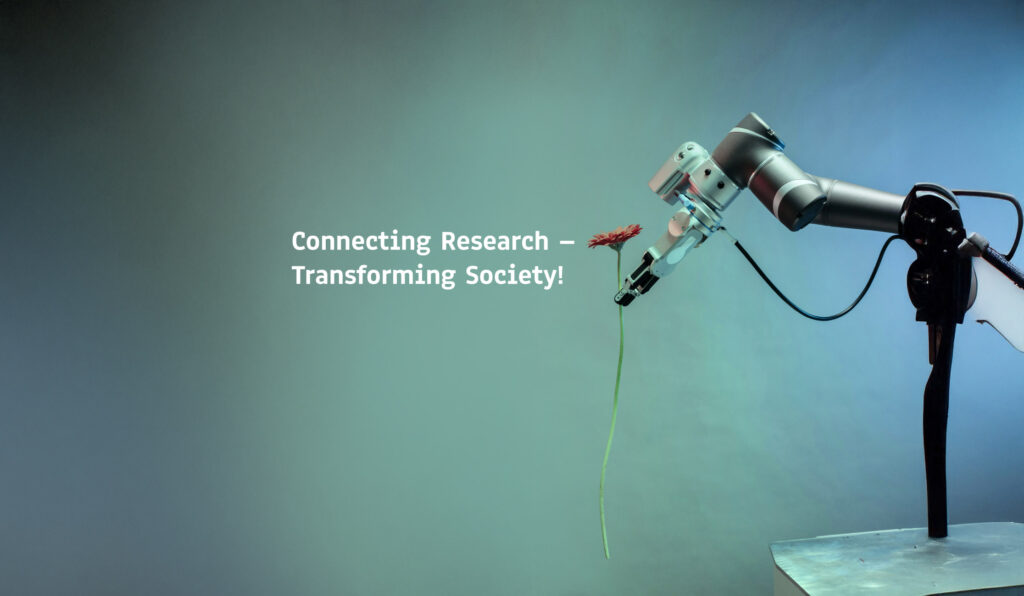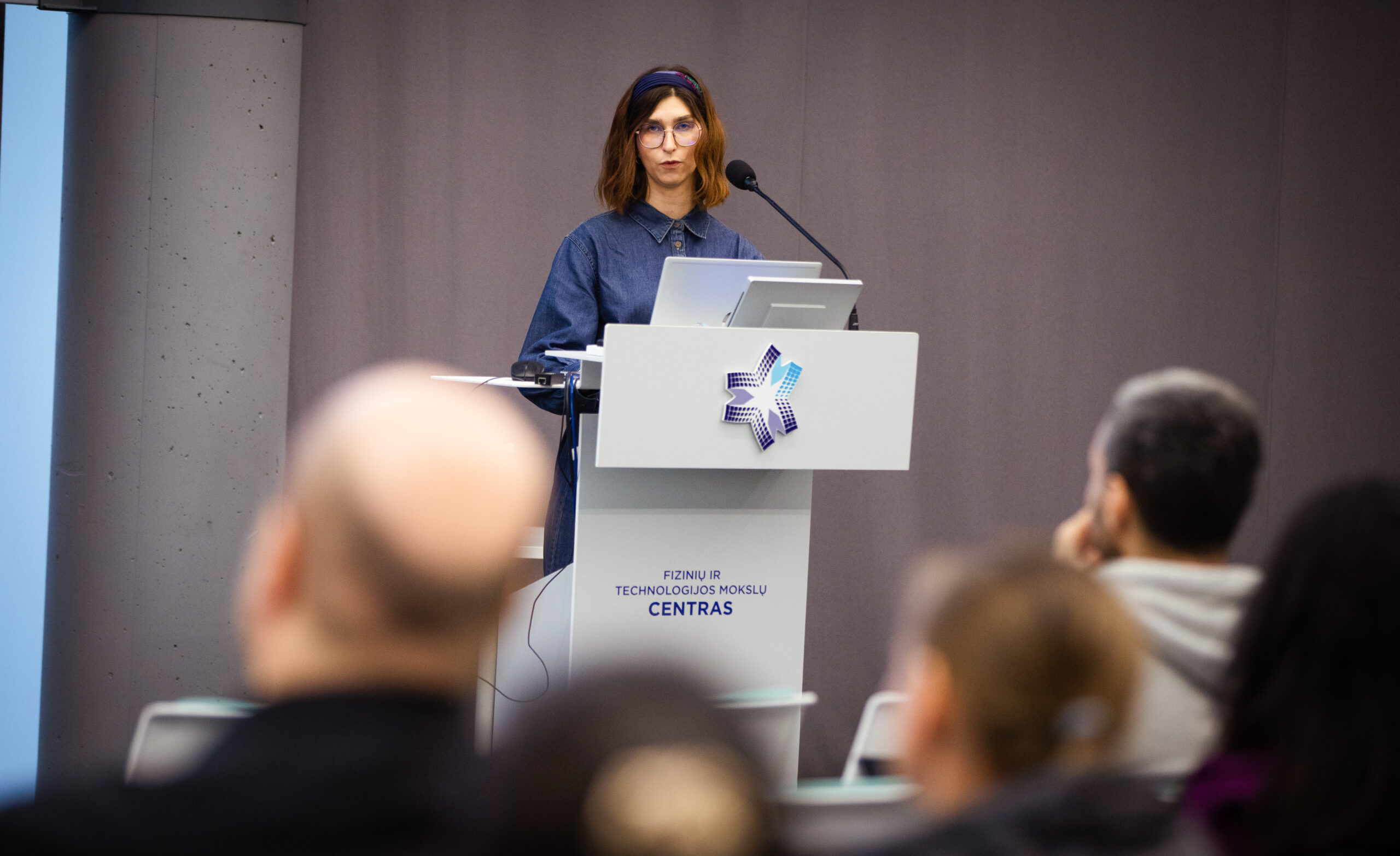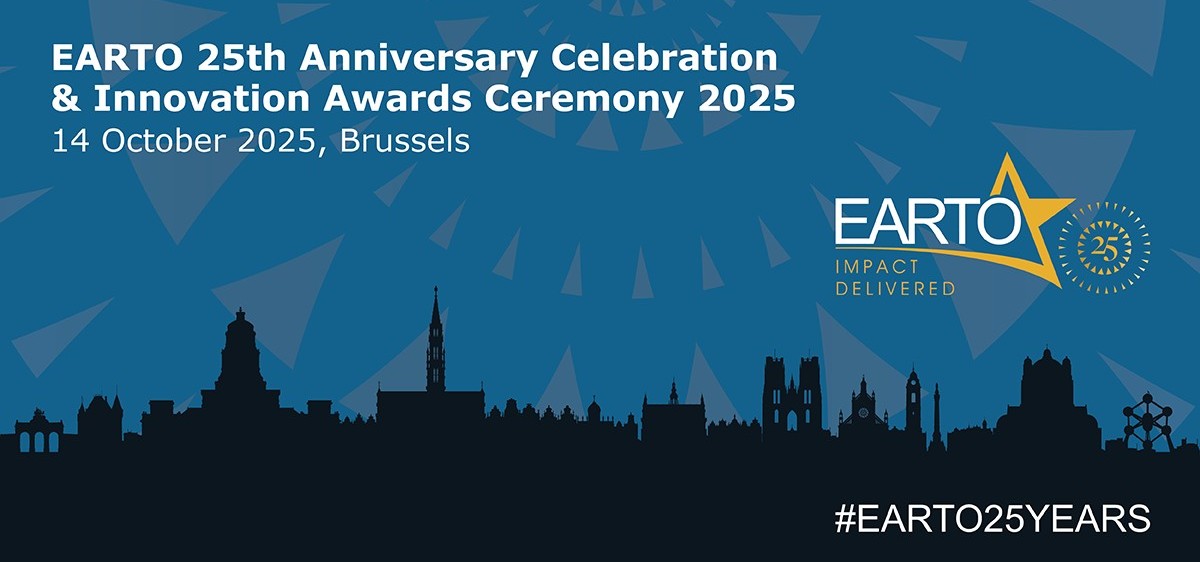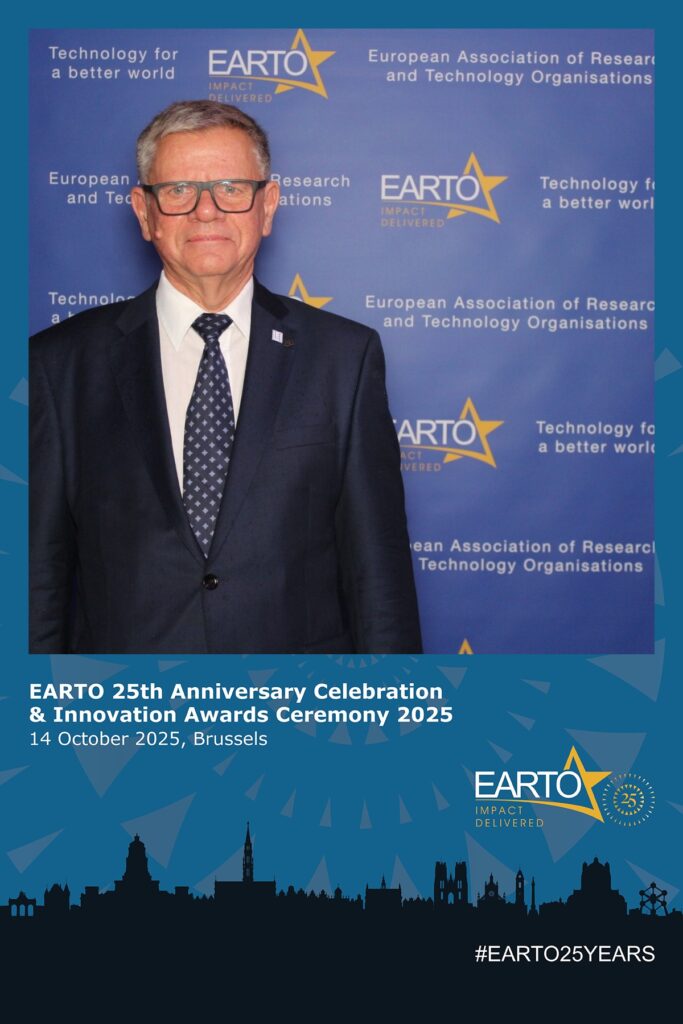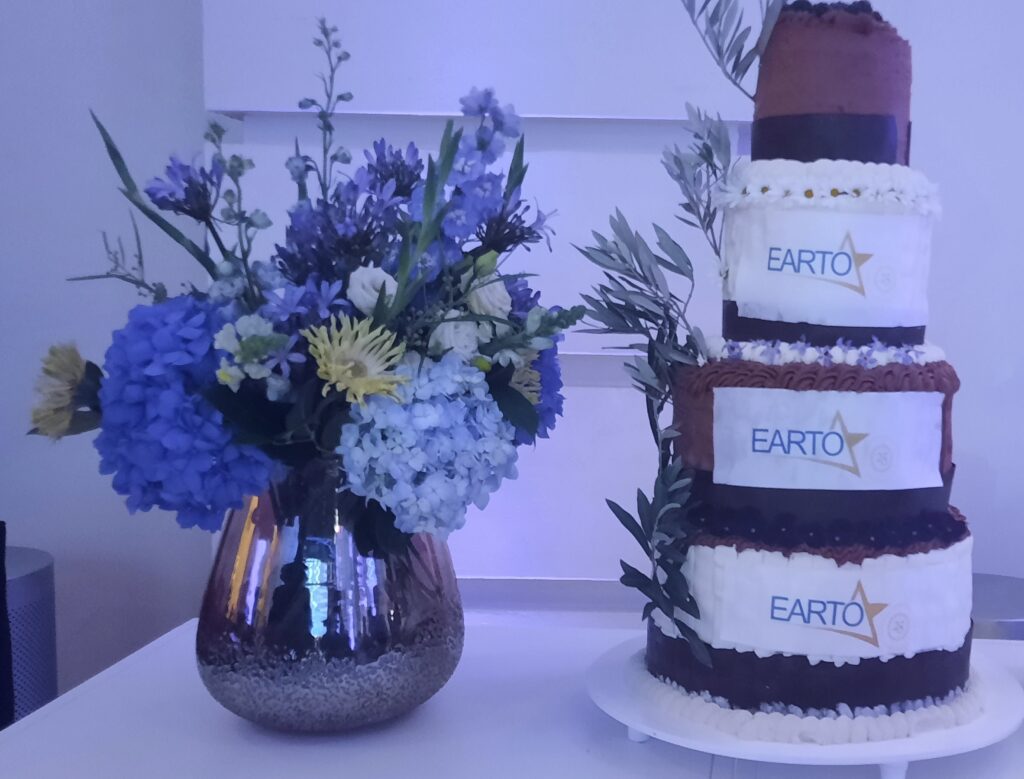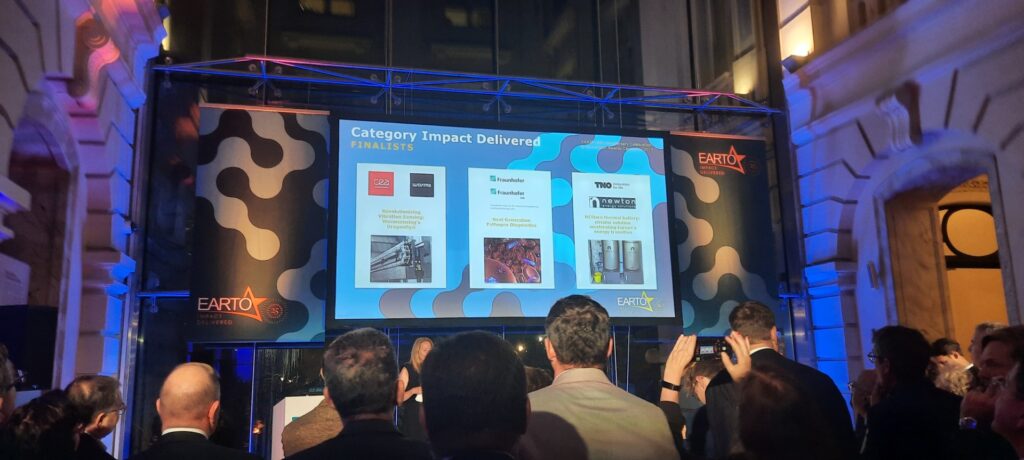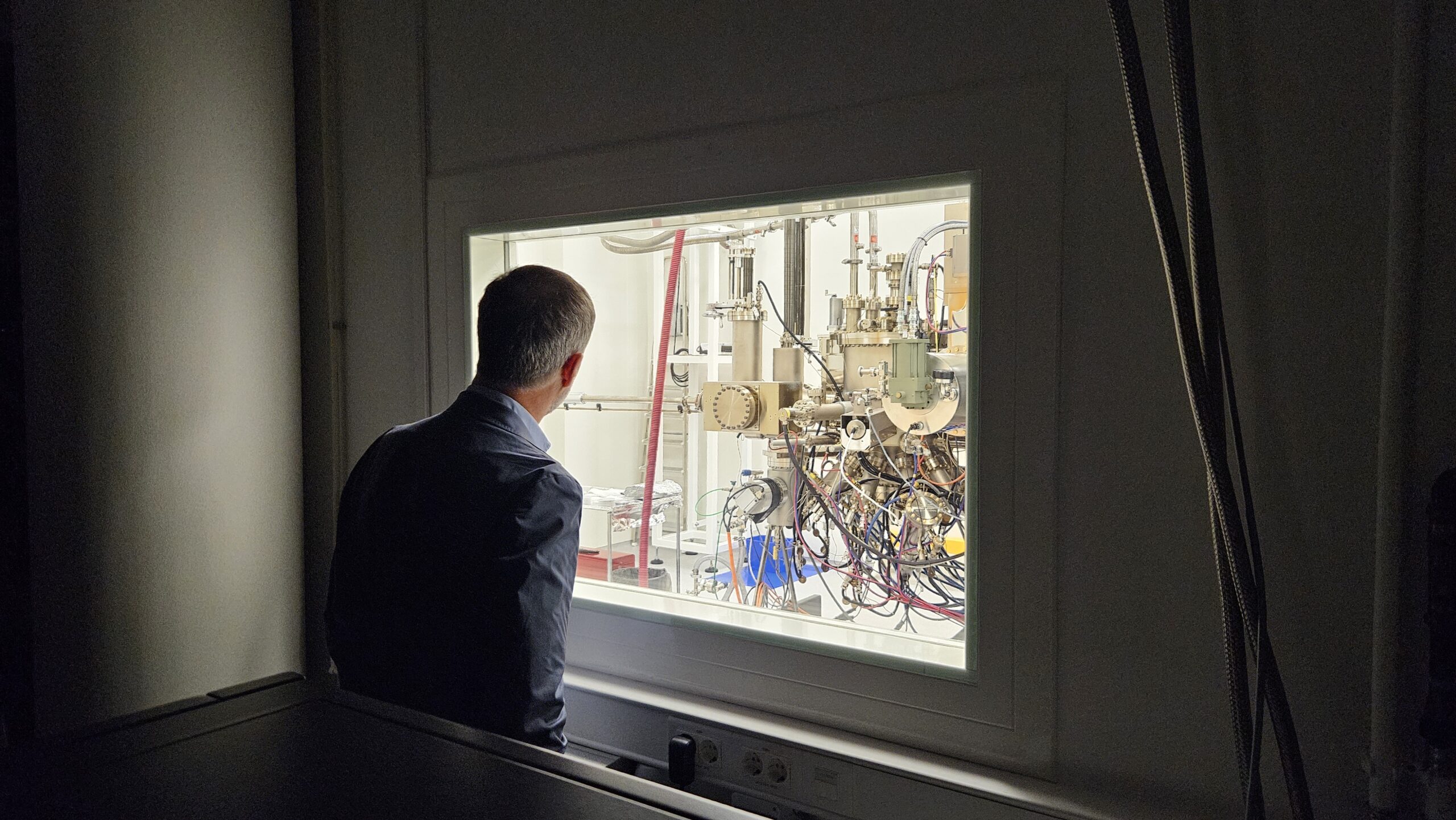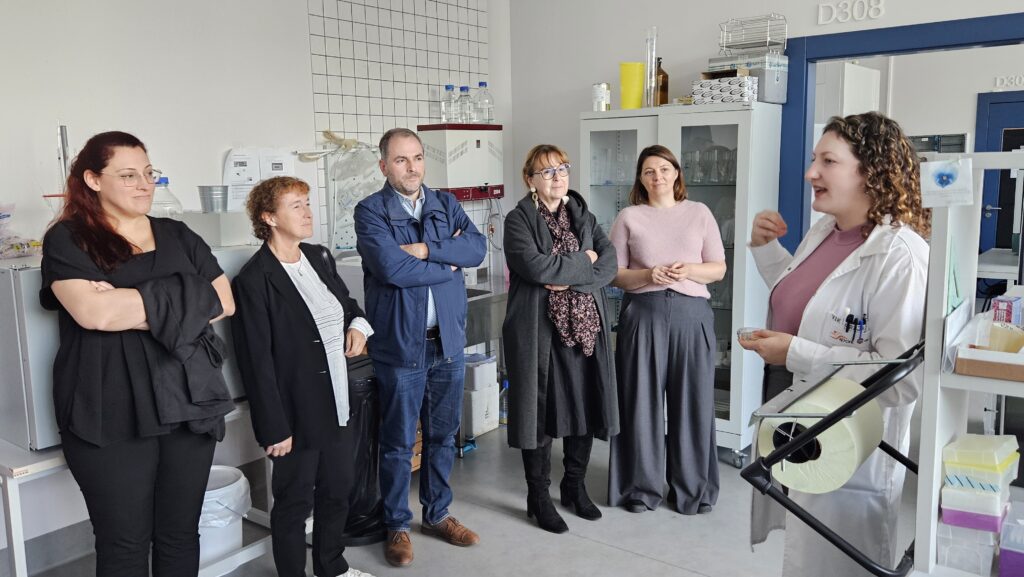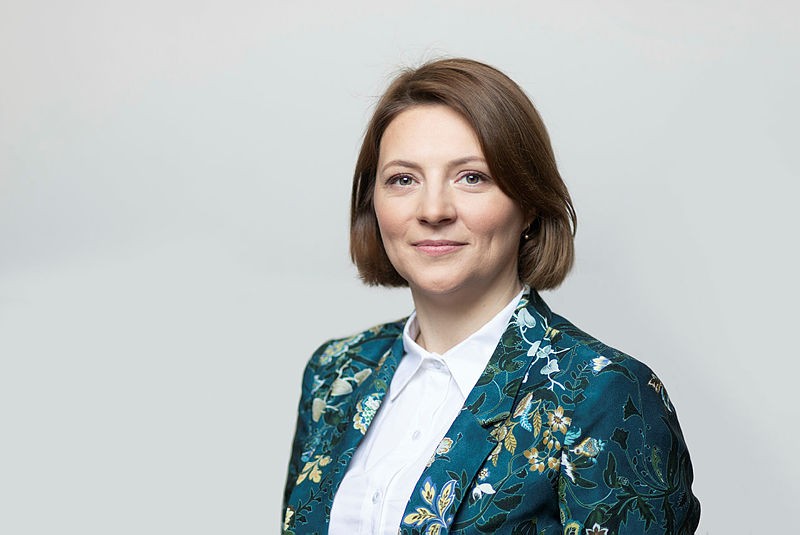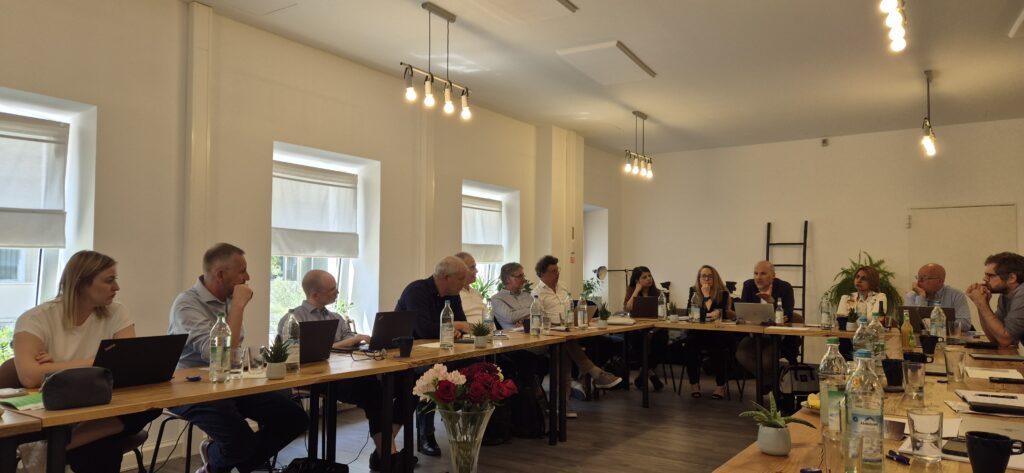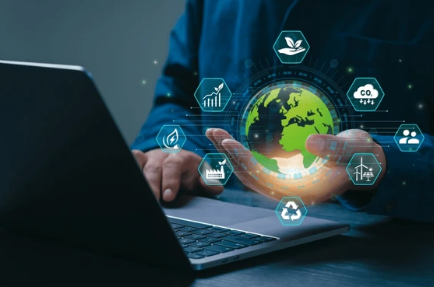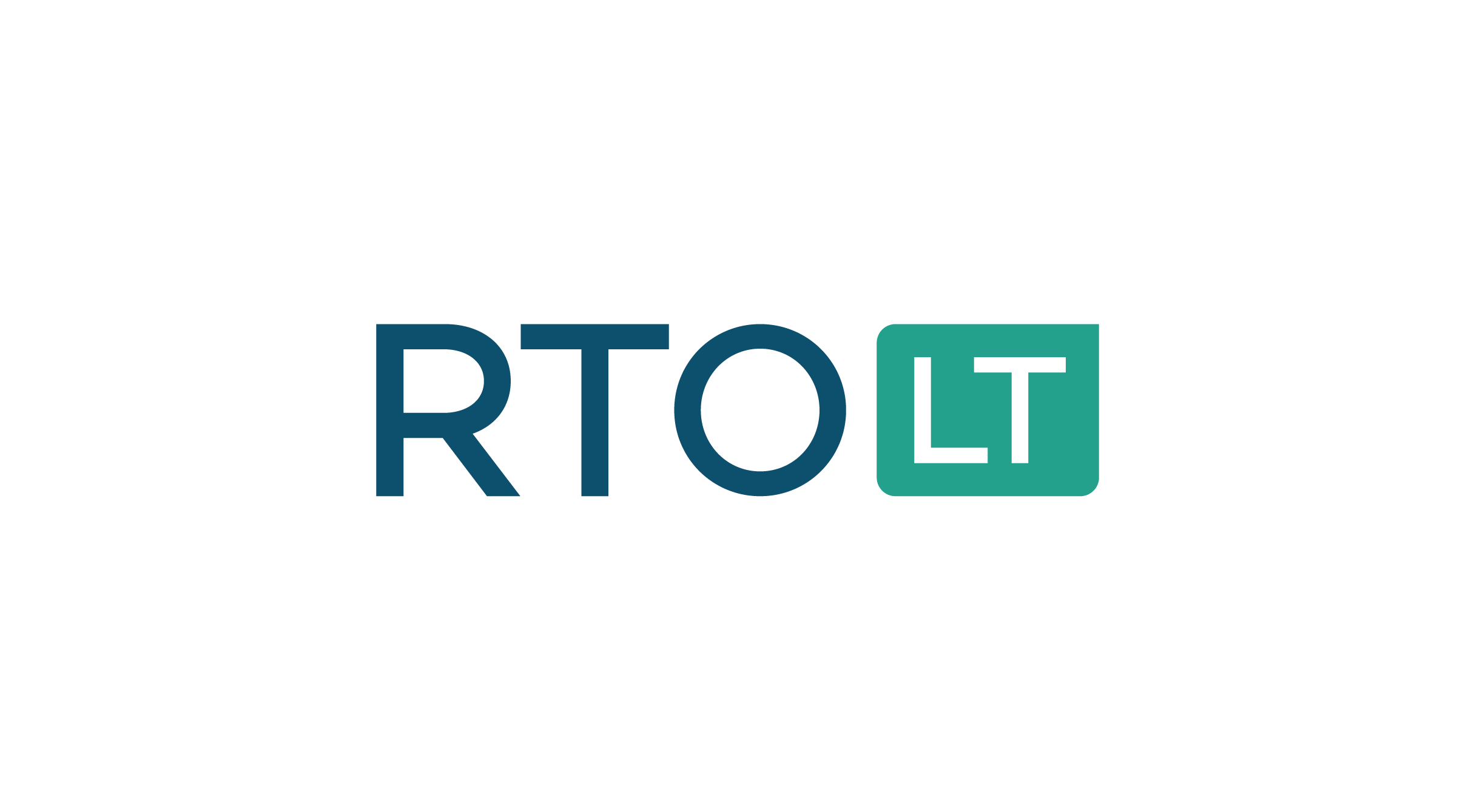RTO Lithuania took part in the Lithuania–Poland Life Science & Biotech Ecosystems Summit held on 27th of November in Vilnius—an important regional event bringing together key stakeholders from research, innovation, and industry. We extend our appreciation to LithuaniaBIO for the invitation and for organizing this valuable initiative aimed at strengthening cross-border collaboration.
During the session Technology Transfer & Academia–Industry Collaboration, RTO Lithuania representative Dr. Paulina Štrimeikytė (LAMMC) highlighted the essential role that Research and Technology Organizations play in the innovation ecosystem. These include:
- fostering interdisciplinarity,
- shaping science and innovation priorities,
- acting as reliable partners in cross-border research and innovation projects.
In another session, RTO expert Dr. Arūnas Stirkė (FTMC) shared insights on interdisciplinary cooperation and contributed to the panel discussion “How can Lithuanian–Polish collaboration accelerate biotech startups to global markets?”

A clear message emerged from the discussion:
Only well-structured cooperation between academic institutions, RTOs, technology transfer offices, and industry can create the critical mass required to tackle complex societal challenges and drive innovation at scale.
By connecting scientific expertise, research infrastructures, and innovation capabilities across borders, Lithuania and Poland can unlock opportunities and achieve results that would be unattainable individually.
RTO Lithuania welcomes RTOs, research institutes, universities, and innovation-driven companies across the region to collaborate with us in joint project development and consortium building.
